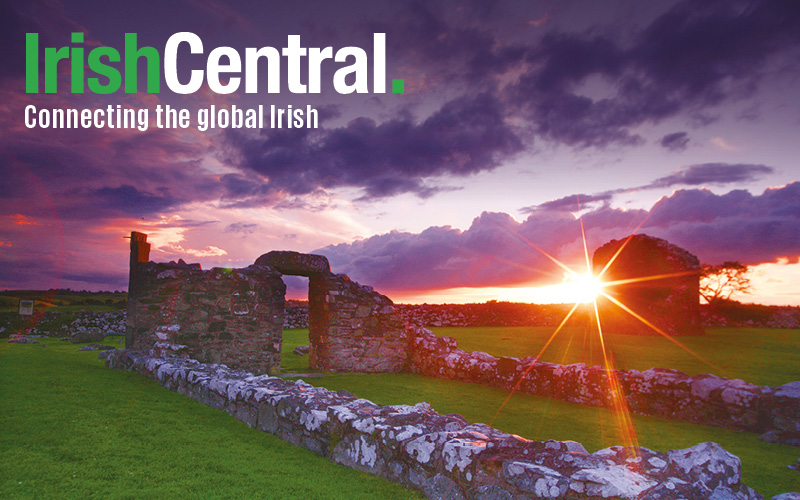Irish real estate groups are hugging themselves with quiet glee this week at the prospect of multiple new Brexit-related opportunities in the Irish commercial property sector.
The optimism is founded in reality. JP Morgan recently acquired an office block in Dublin’s docklands, potentially doubling its Irish workforce to 1,000.
It’s a hard Brexit that blows nobody some good.
This exodus from London to an English-speaking capital (that remains within the European Union) represents the shape of things to come according to Green Property, the Dublin based real estate group who foresee continuing expansion into the Irish capital.
“JP Morgan’s decision to expand in Ireland is important because it is a very powerful global leader and their imprimatur on the country as a location for Brexit-related activity will lead other banks and smaller companies in other sectors to consider Dublin,” Stephen Vernon, leader of the Green Property group, said at the EY Entrepreneur of the Year chief executives’ retreat in San Francisco this week.
Read more: British bankers flee UK for Ireland post-Brexit
JP Morgan buys Dublin office block “It gives us room to grow and some flexibility within the #EU" https://t.co/uEBI32kKyR via @IrishTimesBiz
— Vincent Hartman (@vincenthartman) June 5, 2017
There are significant but not insurmountable challenges for Dublin in order to qualify for the kind of inward investment that Vernon foresees, however. According to James Kenny, the head of investor services for JP Morgan, the issue for Ireland isn’t the difficulty of finding qualified staff, it’s infrastructure.
“The binding constraint in Ireland is … infrastructure in the city, the supply of housing, the capacity of the school system, and the domestic transport infrastructure,” he told the Irish Times.
Last year the Republic of Ireland was the fastest growing economy in the European Union. “It's important not to view the prospects for Ireland purely through the lens of Brexit,” Kieran Donoghue of the Industrial Development Authority (IDA) said at a recent meeting in Dublin to discuss prospects for the Irish economy and the financial services industry.
#DidYouKnow #India is the fastest growing economy in the world and #Ireland is the fastest growing economy in Europe. @IDAIRELAND pic.twitter.com/22GGSIbLk0
— Tanaz (@tanaz_b) March 1, 2017
“We’ll have to wait and see how the indigenous Irish-owned sectors respond to the challenges created by Brexit. There may be an opportunity to compensate for any losses on the domestic side by attracting inward flows of additional investment,” Donoghue said.
John Bruder, managing director of Burlington Real Estate, told the Sunday Business Post that he believes the commercial property sector in Ireland will thrive over the next 10 years, “as it is a much more sophisticated and sustainable one since the crash, with many new players and stakeholders both domestic and international active in all areas. This will ensure that the sector operates in line with international best practice and organizations such as Urban Land Institute will facilitate this process.”
Read more: British admit Brexit a complete disaster says top Irish negotiator




Comments